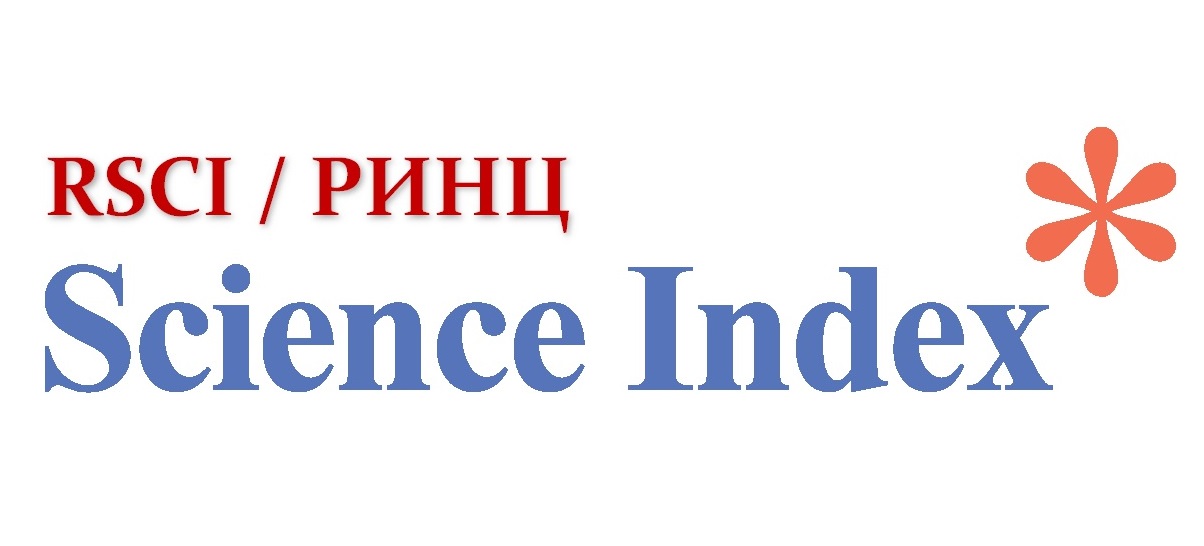The role of the banking sector in ensuring the sustainability of small and medium-sized enterprises: risks and opportunities
Views: 145 / PDF downloads: 94
DOI:
https://doi.org/10.32523/2789-4320-2025-3-259-271Keywords:
small and medium-sized enterprises, banking sector, financial sustainability, lending policy, government support, risk management, KazakhstanAbstract
In the context of accelerating digitalization and heightened global economic risks, the sustainability of small and medium-sized enterprises (SMEs) in Kazakhstan is closely linked to the efficiency of cooperation with the banking sector. This article explores the dual role of banks as both financial intermediaries and institutional stabilizers that shape the resilience of SMEs. The study analyzes statistical indicators, national lending dynamics, and government support programs to highlight both opportunities and structural barriers. On the one hand, the growing volume of SME lending, the introduction of unsecured loan instruments, and the expansion of digital banking services are driving financial inclusion and reducing transaction costs. On the other hand, challenges remain in the form of high interest rates, limited collateral, and unequal access to capital between regions. The research concludes that the long-term sustainability of SMEs requires a comprehensive strategy that combines adaptive banking instruments, regulatory predictability, and coordinated government policies. Particular emphasis is placed on developing a trust-based financial environment, strengthening risk management mechanisms, and promoting inclusive growth across diverse economic sectors.
Downloads
Downloads
Published
How to Cite
Issue
Section
License
Copyright (c) 2025 A. Ахметов, А. Акпанов, Е. Ким

This work is licensed under a Creative Commons Attribution-NonCommercial 4.0 International License.






